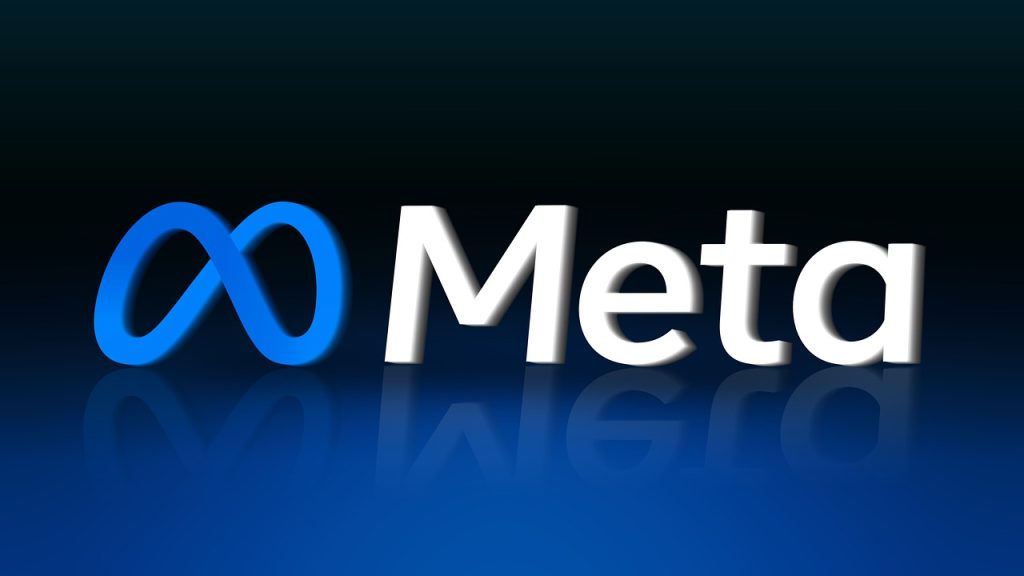Meta’s decision to end its third-party fact-checking program in the United States has drawn sharp criticism from disinformation experts, who warn the move could worsen the spread of false narratives. The announcement, made by CEO Mark Zuckerberg, has been interpreted by analysts as a concession to President-elect Donald Trump and his supporters.
Ross Burley, co-founder of the Centre for Information Resilience, called the policy shift a “major step back” in content moderation, stressing that it undermines efforts to counter disinformation. Fact-checking has been a contentious issue, with critics on the right viewing it as censorship. Burley cautioned that removing fact-checkers without implementing a reliable alternative could lead to a surge in harmful content.
Zuckerberg proposed replacing fact-checkers with a Community Notes system, similar to that used by platform X (formerly Twitter). However, researchers have expressed doubts about its effectiveness in combating misinformation.

Michael Wagner of the University of Wisconsin-Madison described the reliance on crowd-sourced moderation as an abdication of social responsibility. Angie Holan, director of the International Fact-Checking Network, echoed these concerns, noting that Meta’s move could undermine public trust and hurt users seeking reliable information.
While conservatives welcomed the decision, claiming it reflected their push against censorship, disinformation researchers labelled it a politically driven move rather than a policy-based one. Aaron Sharockman of PolitiFact defended fact-checking as a tool to add context, not suppress speech, and criticised Meta for failing to uphold its commitment to combating misinformation.
The end of Meta’s fact-checking programme raises questions about the future of content moderation and its impact on the information landscape.


